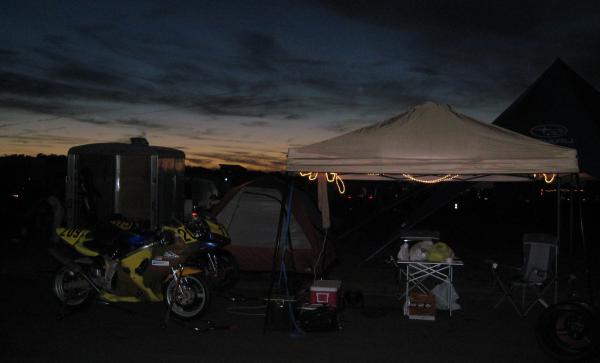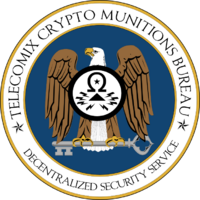I posted about this back in July after it had been in the news. Well it is still in the news and it looks like were gonna loose more of our freedoms. At this point I can only find fault in ourselves for not exercising our rights diligently. After all, if we don’t use it, we loose it.
Paul Joseph Watson of Prison Planet writes in this article:
The Senate is attempting to sneak through the infamous Internet kill switch cybersecurity bill by attaching it to another piece of legislation that is almost guaranteed to pass – the defense authorization bill – in an underhanded ploy to avoid the difficult task of passing cybersecurity on its own.
In the article, Joseph references another article from govinfosecurity.com in which Sen. Thomas Carper, D-Del states:
It’s hard to get a measure like cybersecurity legislation passed on its own
What I know is this stinks and I don’t like it one bit. I’m pretty sure that after guns, at the top of the list of things that threaten freedom hating subsidiaries of authoritarianism and despots alike is the unbreakable ability of people to communicate and organize.
If you’re reading the news lately you may also be troubled by the numerous ways we are quickly loosing our freedom. Just from the last few days…
Covert random scanning
Surveillance cameras are watching you
Sad and frustrating.






![[FSF Associate Member]](http://www.hx4.com/wp-content/uploads/2015/03/FSF-52816.png)

